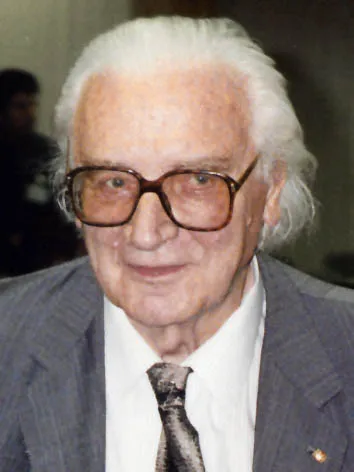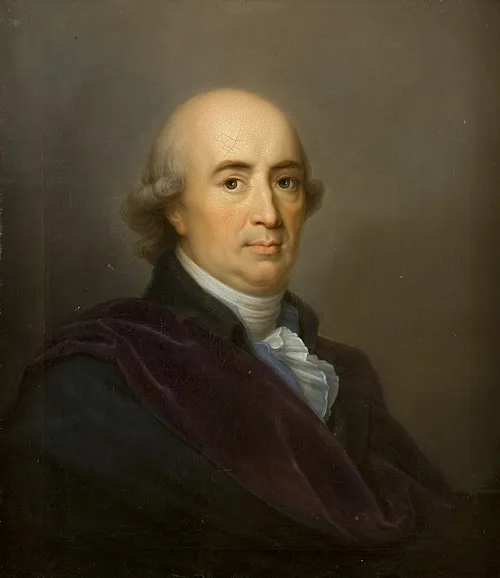
Name: Konrad Zuse
Nationality: German
Profession: Engineer
Notable Achievement: Designed the Z3 computer
Year of Achievement: 1995
Birth Year: 1910
Konrad Zuse: The Pioneer of Computer Engineering
Born on June 22, 1910, in Berlin, Germany, Konrad Zuse is a name that echoes through the realms of engineering and computer science. With a profound influence on the development of the first programmable computer, his work laid the groundwork for the computing technologies we depend on today. Zuse's journey into the world of computing was not merely driven by an interest in technology but stemmed from a desire to solve complex engineering problems efficiently.
Zuse's early education in engineering and architecture at the Technische Hochschule in Berlin fueled his passion for innovative thinking and design. However, it was during his service in the German military during World War II that he began to conceptualize the need for a machine that could facilitate complex calculations. In 1936, Zuse built the Z1, which was a mechanical computer that used electromechanical relays.
In 1941, he completed the Z3, which is recognized as the world's first working programmable, fully automatic digital computer. The Z3 was constructed using over 2,000 relays and was capable of performing various arithmetic operations with remarkable speed for its time. Remarkably, it was programmable through punched film strips, showcasing Zuse's forward-thinking design.
Throughout the years, Zuse continued to innovate. He introduced the Z4 in 1945, which gained particular historical significance as it became the first computer to be sold commercially in 1950. His work didn’t just stop at hardware; Zuse also made significant strides in software development, exemplified by the creation of the programming language Plankalkül, which is recognized as one of the earliest programming languages.
After the war, Zuse faced numerous challenges in resuming his work due to the political climate in post-war Germany. However, he overcame these hardships and was instrumental in establishing the first computer company, Zuse KG, which was responsible for the mass production of computers in Germany. His entrepreneurial spirit not only advanced his career but also transformed the landscape of the computing industry in Europe.
Despite his contributions, Zuse remained relatively obscure in the shadow of more widely known figures in computing, such as Alan Turing and John von Neumann. However, his legacy is celebrated within engineering circles and among computing historians. He was awarded numerous accolades throughout his life, recognizing his substantial contributions to technology and engineering.
Unfortunately, Konrad Zuse passed away on December 18, 1995, in Hünfeld, Germany. His passing marked the end of an era for many who recognized the monumental impact of his work on modern computing. Today, Zuse is remembered not just as an engineer, but as a visionary who foresaw the potential of computers and whose innovations continue to influence technology.
In the modern age, where technology has become an indispensable part of daily life, it is essential to reflect on the pioneers who laid the groundwork. Konrad Zuse stands out as a beacon of ingenuity and resilience, proving that with determination and creativity, one can alter the course of history.





